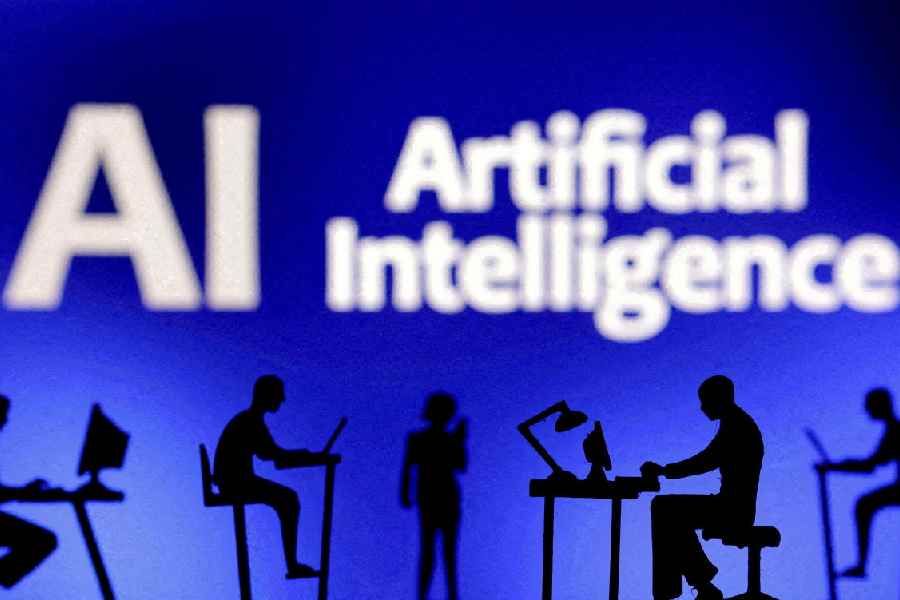Neoliberalism, with its emphasis on the free market and minimal government intervention, has been influenced by as well as influenced the rise of Artificial Intelligence. AI’s success is, in fact, premised on a template of economic growth that is in tandem with neoliberal principles.
However, AI has also caused changes to capitalism wherein the new means and modes of production are data and information instead of land, labour and capital. Economic systems are increasingly becoming data-driven and dependent on programming languages emanating from the cognitive power of this new technology. However, AI’s centrality to our online interactions, from chatbots like Microsoft’s ill-fated Tay to predictive text algorithms on our smartphones, has also raised ethical concerns. This is exemplified by Tay’s rapid descent into regurgitating offensive content from the data that it was fed, leading Microsoft to shut it down within 24 hours of its launch.
On the economic front, there is also concern with AI’s potential to disrupt traditional labour markets. Some argue that AI will create new job opportunities; others fear widespread job losses, particularly in sectors reliant on data processing and text-based tasks. There are other challenges too. In 2018, Amazon scrapped an AI recruiting tool that showed bias against women. The tool was trained on resumes submitted to the company over a 10-year period, most of which came from men. Moreover, according to The World Economic Forum’s Global Risks Report 2024, the “production of AI technologies is highly concentrated in a singular, globally integrated supply chain that favours a few companies and countries.”
Adopting a nuanced perspective on the intersection of AI and neoliberalism is crucial. AI-powered technologies, such as Deep learning algorithms, have revolutionised fields such as medicine, enabling earlier detection of illnesses and accelerating drug development processes. Additionally, AI has the potential to streamline business operations, leading to increased productivity and competitiveness in the global marketplace. But the pitfalls of unchecked implementation of AI have been borne out by Amazon’s ‘Just Walk Out’ technology. While the technology promised convenience for consumers, its reliance on outsourced, underpaid labour in countries like
India underscored the darker side of neoliberal globalisation.
Neoliberalism draws its legitimacy from the claims of multinational corporations of ‘saving the world’, ‘resolving global problems’ or ‘being efficient’. This doctrinal adherence to ‘solutionism’ can lead to societal complexities. For instance, Noam Chomsky views ChatGPT as a “basically high-tech plagiarism” software that relies on a huge repository of data and encourages “a way of avoiding learning.” The risk lies in multinational giants becoming data monopolies with the power to distort information.
In a world where the top 10% own nearly three-quarters of the global wealth, AI, it appears, is more of an ally of neoliberalism because of its tendency to emulate market biases and facilitate financial systems to maximise profits without considering the impact on marginalised communities or the broader economy. There is perhaps nothing entirely artificial about AI; the technology is a reflection of how we humans comprehend the world. AI’s ‘intelligence’ can be contested too as its ability to discern is dependent on getting trained on computational datasets structured through algorithms. But given its potential to serve corporations and States in generating profit and capital as well as its prioritisation of the interests of the market and commerce over the principles of equity, privacy, democracy, and accountability, AI, arguably, is neoliberalism’s partner.










